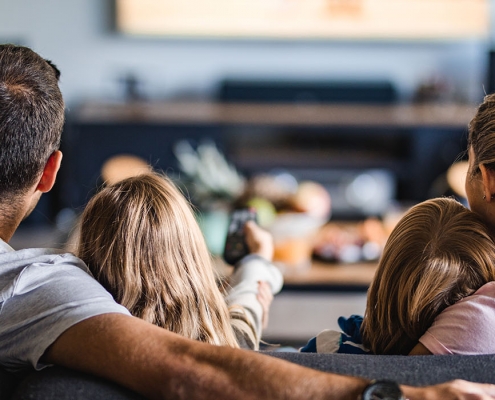
That’s Not How We Do It in Our Family
Over the years our children have come home and said things like, “You know, Eric’s family watches TV during dinner.” To which we would respond. “That’s nice, but that’s not how we do it in our family.”
Our response served two…

One Foot In Front of the Other
It's hard to be happy all of the time.
People say I’m an optimist… and, by most accounts, including my own, I would have to agree. Some days however, getting out of bed is not something that I look forward to. On those days, life is…

United We Go – Up Up and Away
I’ve got a lot bouncing around in my head lately, and although it's about our country, very little of it has to do with Washington. Fact is, I think it has something to do with what I see as the state of our "United" States.
Is Dr. Dao of…
